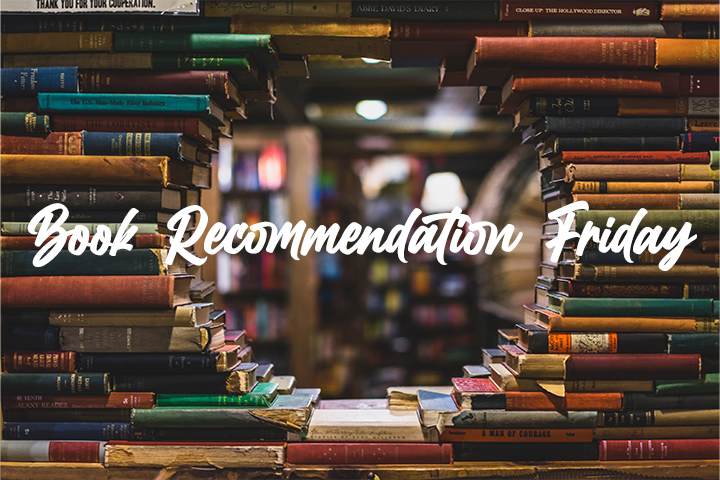Hi Everyone and Happy Friday!
It’s Book Rec Friday. Each Friday I’m sharing a book recommendation that feels relevant/helpful/interesting as we travel through this pandemic time together. Last week I suggested Shauna M. Ahern’s memoir, Enough. Today’s recommendation: Everyday Zen, Charlotte Joko Beck.
Beck is was an American Zen teacher and writer…looking her up for this post I discovered she died in 2011.
I’ve been thinking about suffering. Probably not surprising — not only are we in the grip of a world pandemic, it’s Passover week and Easter week, and I’ve also been talking with my friend Natalie. Natalie and I trekked in the Nepal Himalayas not long after I read Everyday Zen for the first time. Nepal’s a melding pot of culture — Buddhism, Hinduism, animism, and the odd judeo christian practice thrown in. The whole region absorbs and embraces spiritual practices, creating a marbled soup rather than defined categories. Nepal is an incredible atmosphere of religious tolerance, surrounded the description-defying Himalaya mountain range. (Everyone should experience it once in their lives!)
And Nepal is where Prince Siddhartha Gautama, aka the Buddha, was born — and at age 29, the story goes, left his cushy upbringing to find ultimate release from suffering.
Everyday Zen is that rare book that (to me) speaks with such calm, unassuming, no bullshit authority, it makes you sit up at attention. Sigmund Freud declared that successful living means functioning well in love and work, hence the subtitle. Zen practice normally makes one think of monastic communities, removed from our everyday worries about jobs and relationships. But Joko Beck doesn’t cotton to spiritual bypass. Life is suffering, says the Buddha. Joko Beck brings these worlds together: Zen and Real Life, with its inherent suffering.
“Nobody can experience our lives for us; nobody can feel for us the pain life inevitably brings,” Joko Beck writes. She shows a path to take responsibility for our thoughts, including our willingness to directly experience our own pain, and how to work on creating what she calls “A Bigger Container” for them. If we don’t, we lose too much.
“[A]s long as we evade, we shut ourselves off from the wonder of what life is and what we are.” She writes about Real and False Suffering and says “Finally we become willing to experience our suffering instead of fighting it. When we do so our standpoint, our vision of life, abruptly shifts.”
We are all grappling with suffering right now; we’re all experiencing personal and worldwide pain. And: The world has always been on the back of a sleeping tiger; right now, we’re experiencing the pain of the tiger awakening, as George Saunders reminds us (see Podcast Wednesday).
How will our world emerge from this pain? How will we? I hope the answer to those questions somehow involves a “Bigger Container.” I hope this suffering strips away some of the ways we’ve evaded pain, and created unnecessary suffering — in our selves and our fellow humans.
Everyday Zen reminds me that we’re not alone; in fact, wiser minds have been working on this issue of pain and suffering for eons. Wisdom is here for the taking, if we are but to engage with it. I hope this book is as useful to you in this time as it has been for me.
Be well, wash your hands, and stay connected!
Lisa


